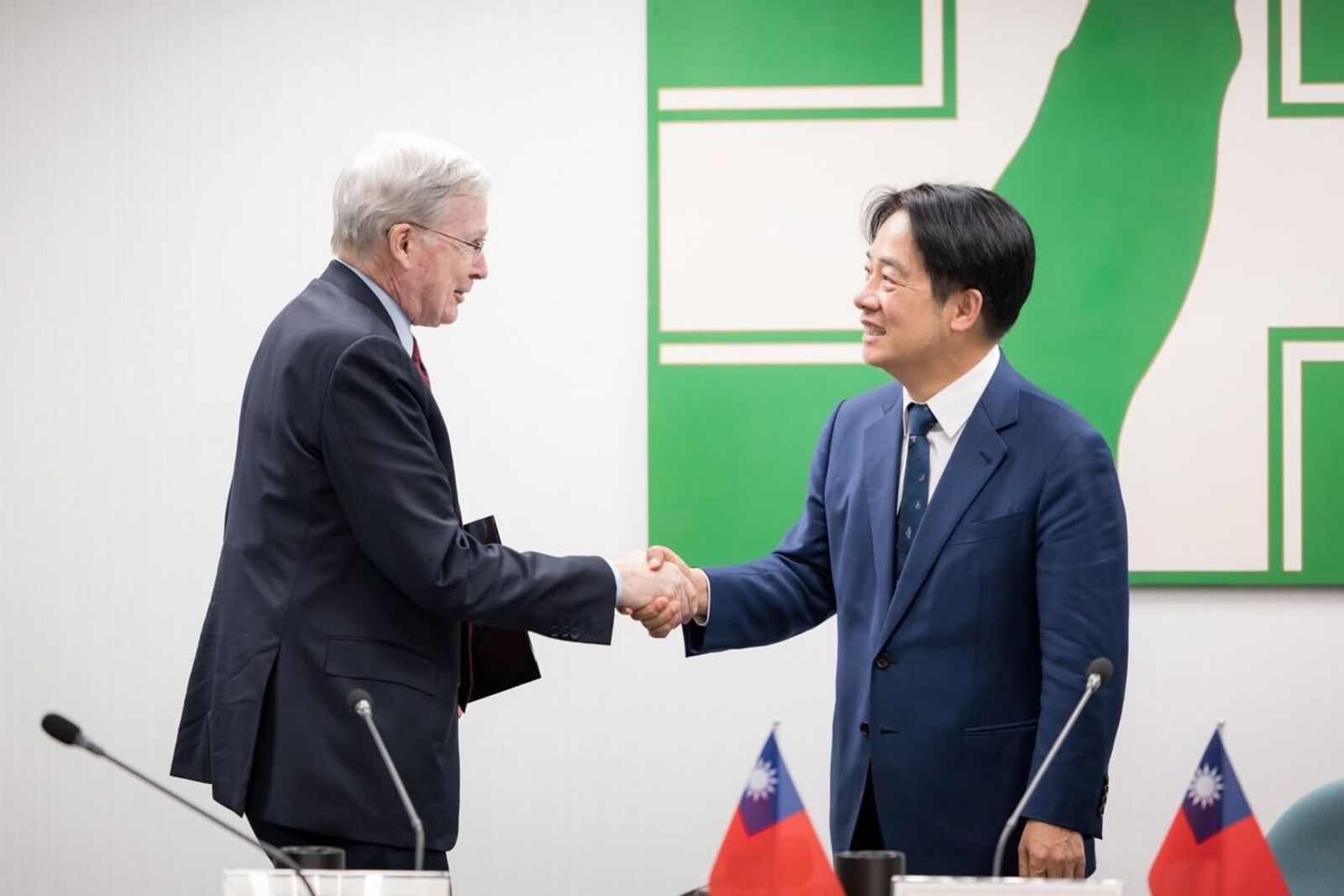
China recently warned the U.S. after a meeting with Taiwanese President-elect Lai Ching-te. (Photo: Washington Times)
Beijing Flexes Diplomatic Muscle as U.S. Officials Visit Taiwan, Nauru Switches Allegiance
China recently warned the U.S. after a meeting with Taiwanese President-elect Lai Ching-te. The Chinese government advised “extreme prudence” in U.S.-Taiwan relations, concerned about the delegation’s visit. Nauru, one of the few states recognizing Taiwan, broke diplomatic connections with Taipei and formed relations with mainland China after Lai’s election victory, worsening the situation.
In response to the U.S. delegation’s unofficial travel to Taiwan, Beijing has strongly criticized the decision, opposing any official connection between the two countries. Former National Security Adviser Stephen Hadley and former Deputy Secretary of State James B. Steinberg stressed America’s commitment to Taiwan’s democracy and peaceful resolutions.
President-elect Lai stressed Taiwan-US cooperation democracy and freedom in the face of rising tensions. Washington is worried about Taiwan’s election’s impact on U.S.-China relations amid China’s “gray-zone” operations. Chinese policymakers cautioned the U.S. against moves that could undermine the “one China” principle due to the complexity and sensitivity of the Taiwan issue.
READ ALSO: Uncovering The Delay: The Controversy Surrounding China’s Early COVID-19 Response
This development underscores the delicate balance of power in the region, with the U.S. maintaining unofficial ties with Taiwan while adhering to the “One China” policy.
As the situation unfolds, it continues to shape the geopolitical landscape posing significant implications for U.S.-China relations and the stability of the Taiwan Strait.
READ ALSO: Sarasota County Sheriff’s Office Seeks Public Assistance In Identifying Thieves Who Robbed Local Pawn Shop

















































